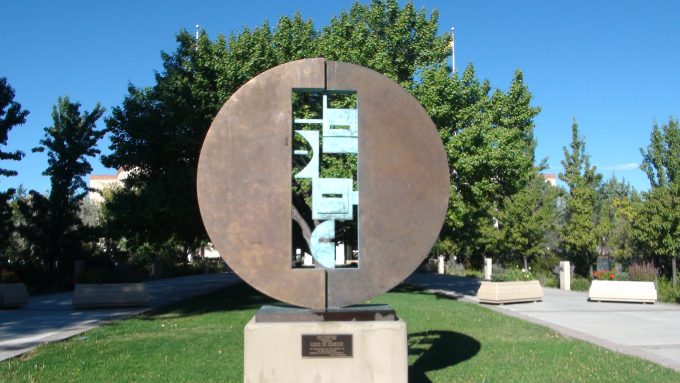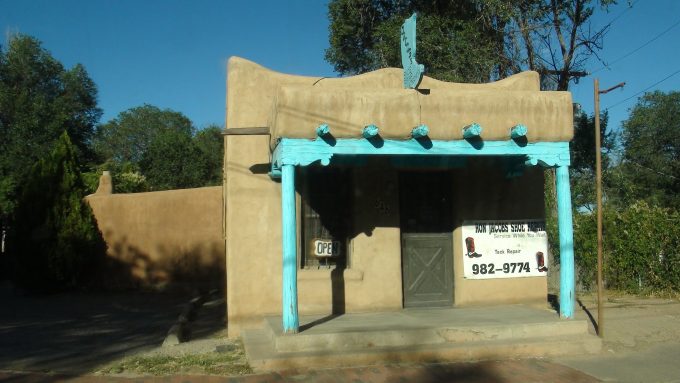
Thursday, 6 December 2018
…who does not need daily, as those high priests, to offer up sacrifices, first for His own sins and then for the people’s, for this He did once for all when He offered up Himself. Hebrews 7:27
This verse is a climax of the subject matter so far discussed over the past many verses concerning the superiority of Christ’s priesthood over that of Aaron. The author has been clearly contrasting this superiority over that of the high priests of old. He has highlighted many differences such as in their duties, genealogies, and length of service, but this verse takes us directly back to the requirements of the Levitical law. For example, in Leviticus 16:11, this was stated concerning the high priest –
“And Aaron shall bring the bull of the sin offering, which is for himself, and make atonement for himself and for his house, and shall kill the bull as the sin offering which is for himself.”
Even the high priest himself had to offer sacrifices for sin. The Day of Atonement sacrifice was once a year, however, he also had other required sacrifices for his own sin, if and when any arose. This is in complete contrast to Christ Jesus. As was seen in the previous verse, He is “holy, harmless, undefiled, separate from sinners,” and thus requiring no sacrifice for His own sin. As the author says of Him, “who does not need daily” to offer up sacrifices. Unlike Christ who needed no sacrifice, the high priest of Israel needed sacrifices for sin which he committed.
The term, “daily,” does not mean that he literally offered a daily sacrifice for his sin. Rather, what is described in this verse is one which covers the conduct of his daily life. The Day of Atonement occurred once a year on the tenth day of the seventh month. It was a mandatory sacrifice which covered the entire year. On this day, “those high priests,” meaning those of the line of Aaron, were “to offer up sacrifices.” This was a ritual that only the high priest could conduct. When he did, he had to offer up “first for [h]is own sins.”
Note: The verse now being reviewed is looking at this from Christ Jesus’ perspective, and so the word “His” is capitalized in this translation. However, this is given to show the contrast to that of Aaron. Christ did not have to offer up “for His own sins,” but the high priest under the Law of Moses did.
After offering for his sins, the high priest could only then offer “for the people’s” sins. This shows an inherent defect in the law. If the high priest had his own sin which required atonement, and that year by year, it shows that he was imperfect and he remained imperfect. Further, it shows that he could also not bring those, on whose behalf he ministered, to a state of perfection either. This is in complete contrast to Jesus who offered Himself, not a goat, and “this He did once for all when He offered up Himself.”
Here the superiority of Christ’s priesthood is put on prominent display. A goat is in a different category than a man. Hebrews 10:4 will show that what the high priest of Israel did each year was actually ineffectual. As it says there, “it is not possible that the blood of bulls and goats could take away sins.” And so we have 1) the high priest requiring atonement for sin; 2) the high priest required atonement for sin “daily” (meaning year by year); and 3) the offering for his sin could not actually take away the sin. In contrast, we have Jesus who 1) required no atonement for sin because He is sinless; 2) His sinless state is eternal and so He will never require atonement for His sin, making Him an acceptable offering for others who do bear sin; and 3) the offering of Himself is fully sufficient to take away sin – once and for all – for those who trust in Him.
Life application: The people of Israel were granted a temporary covering (atonement) for their sins each year on the Day of Atonement. In reading the Old Testament, we find the most egregious sins possible being recorded by the people. And yet, if they came to God in faith on this most sacred day, God would atone for those sins. And these things only looked forward to the more perfect and complete atonement offered through Christ Jesus. Be comforted that nothing you’ve ever done is too vile that it can’t be purified. When you look to the cross and accept what Jesus did on your behalf, you can never again be condemned for your wayward life. God has provided the ultimate atonement for you in the Person and work of Jesus Christ our Lord. Can we get an, “Amen!”
Glorious and most merciful God. You gave Israel temporary atonement, year by year, through the sacrifice of animals. But then You sent Jesus as a full, final, and forever sacrifice of Himself. In Him, we have the perfect sacrifice, and thus the perfect forgiveness for our wrongdoings. Thank You, O God, for Your unfailing love. It is evident in what You have done for us. Thank You for Christ Jesus our Lord. Amen.




